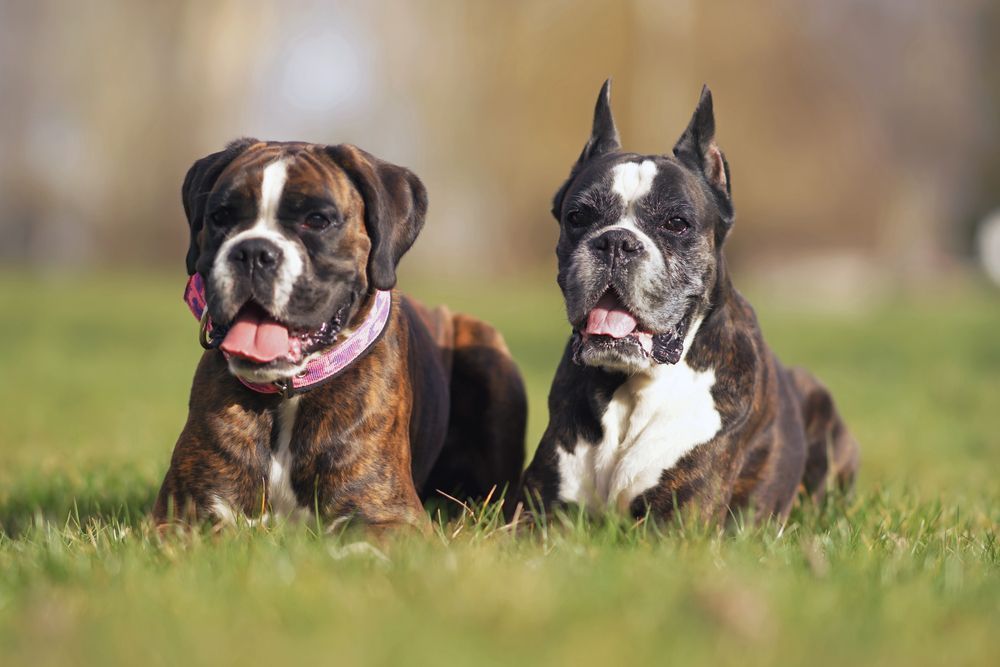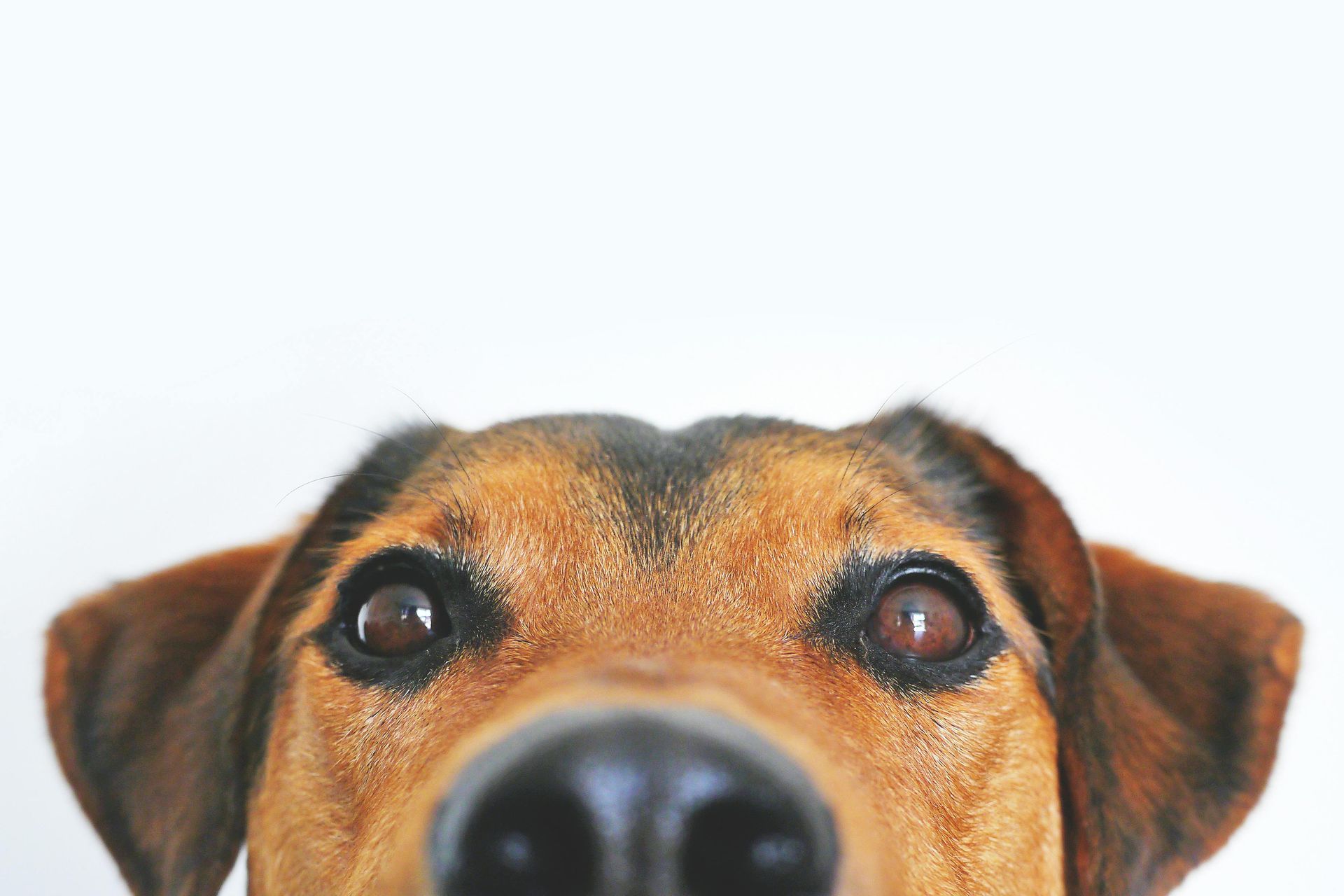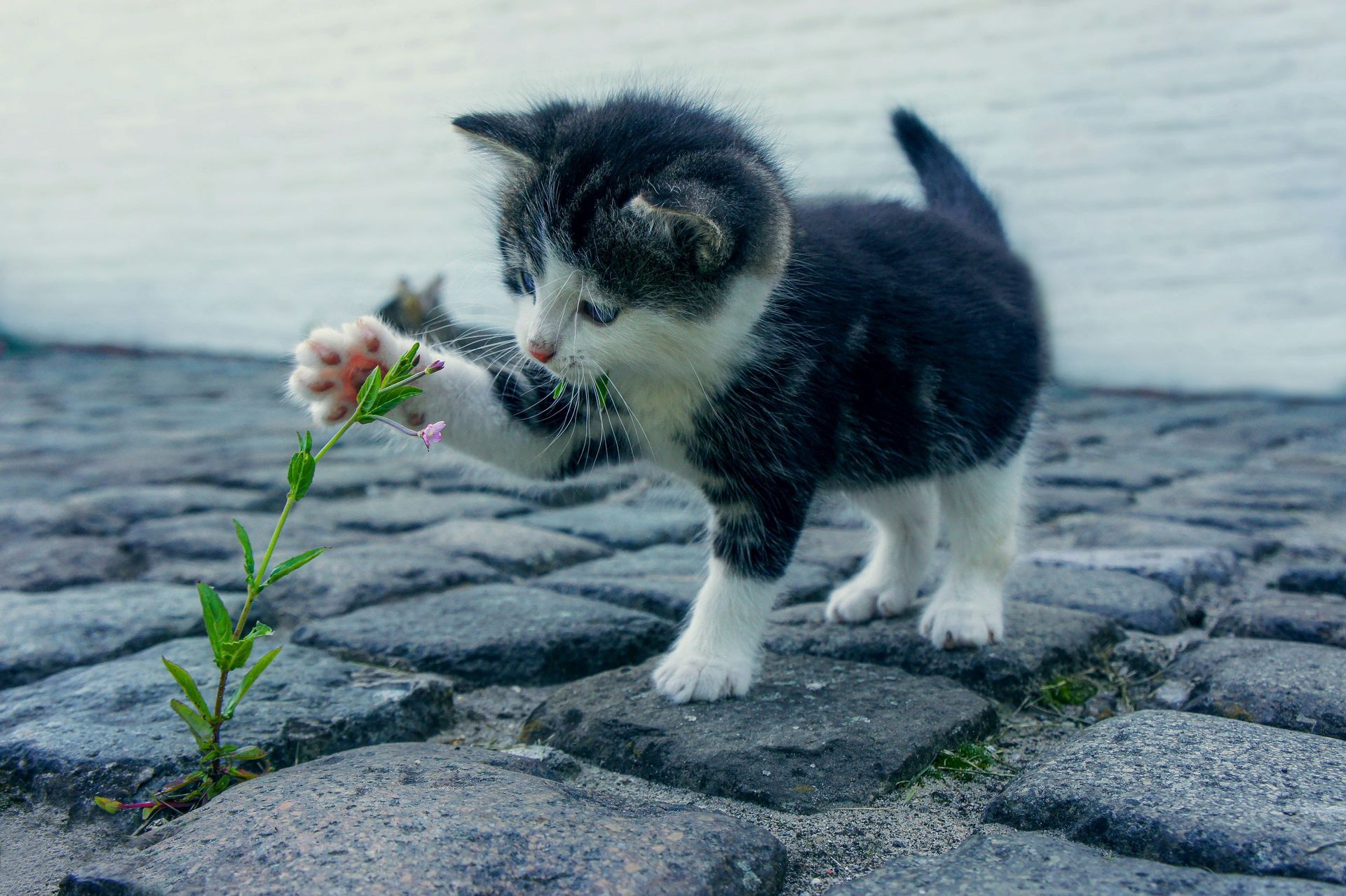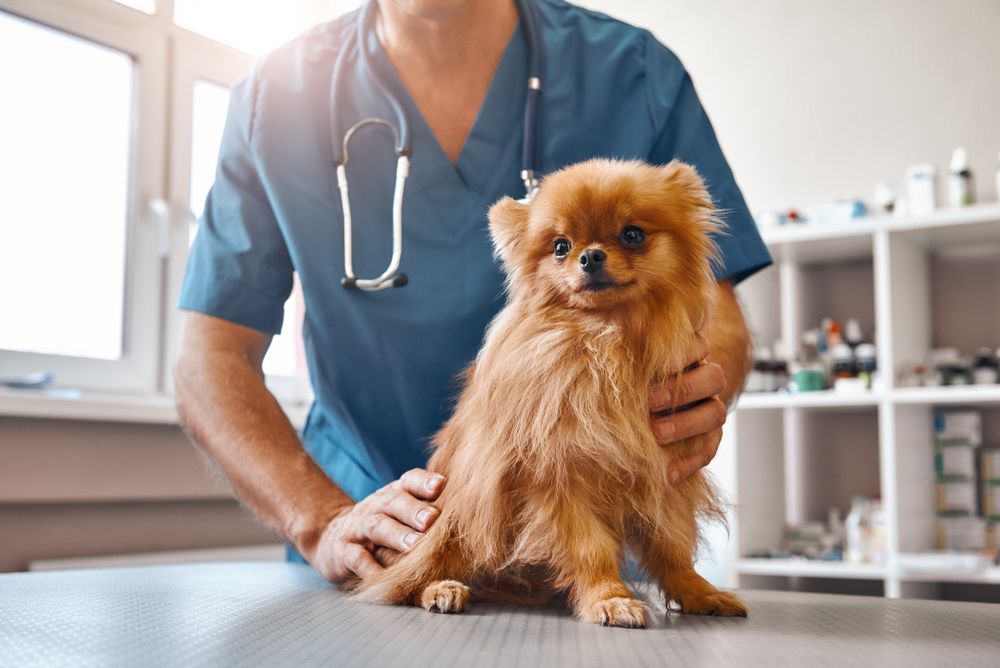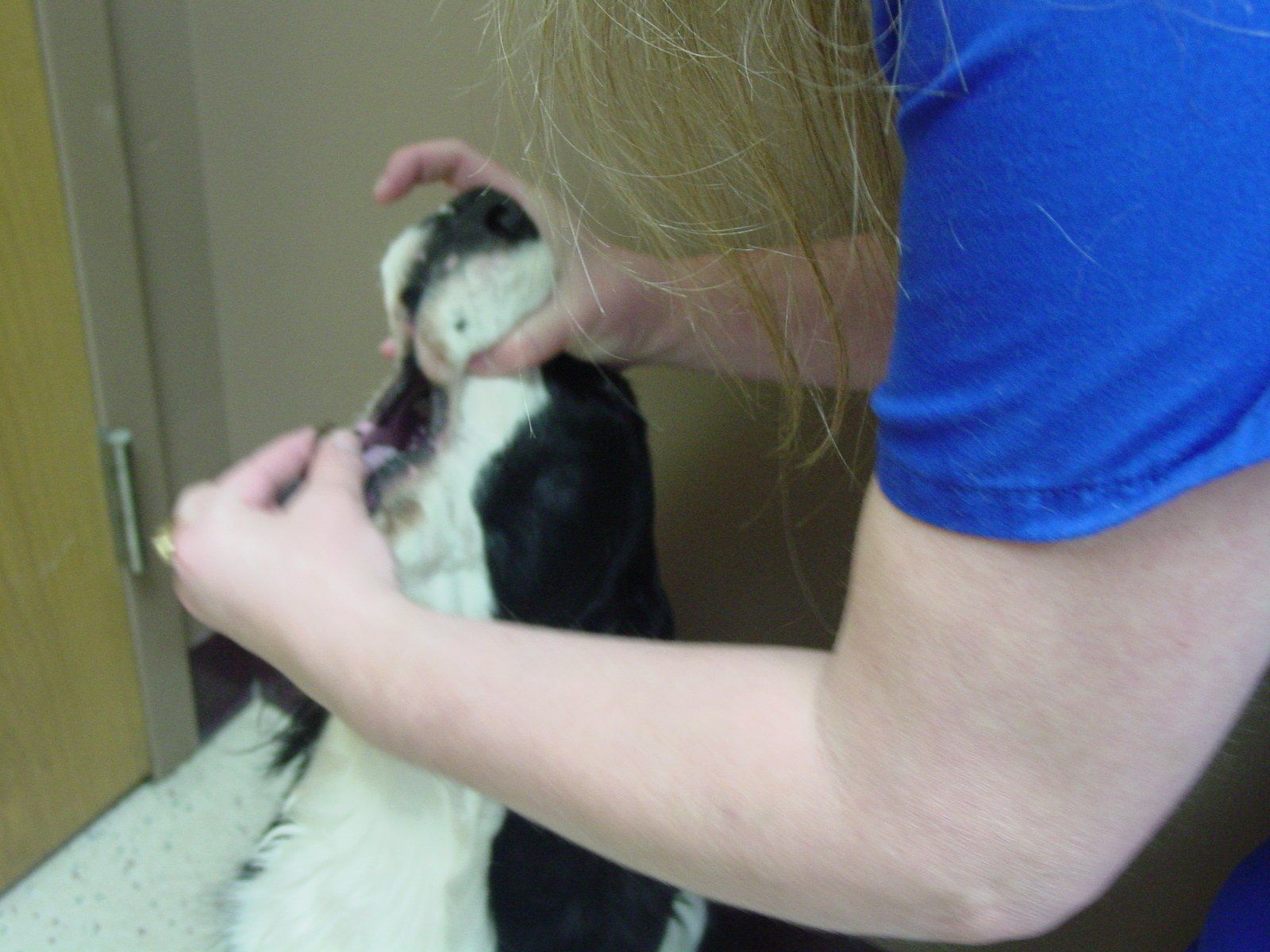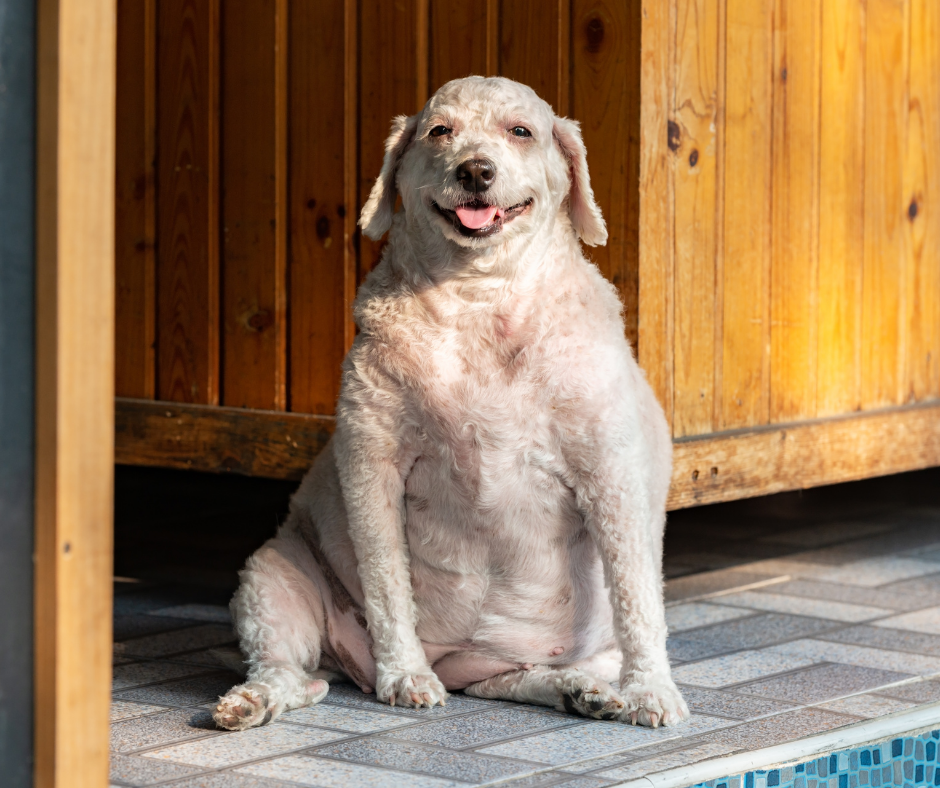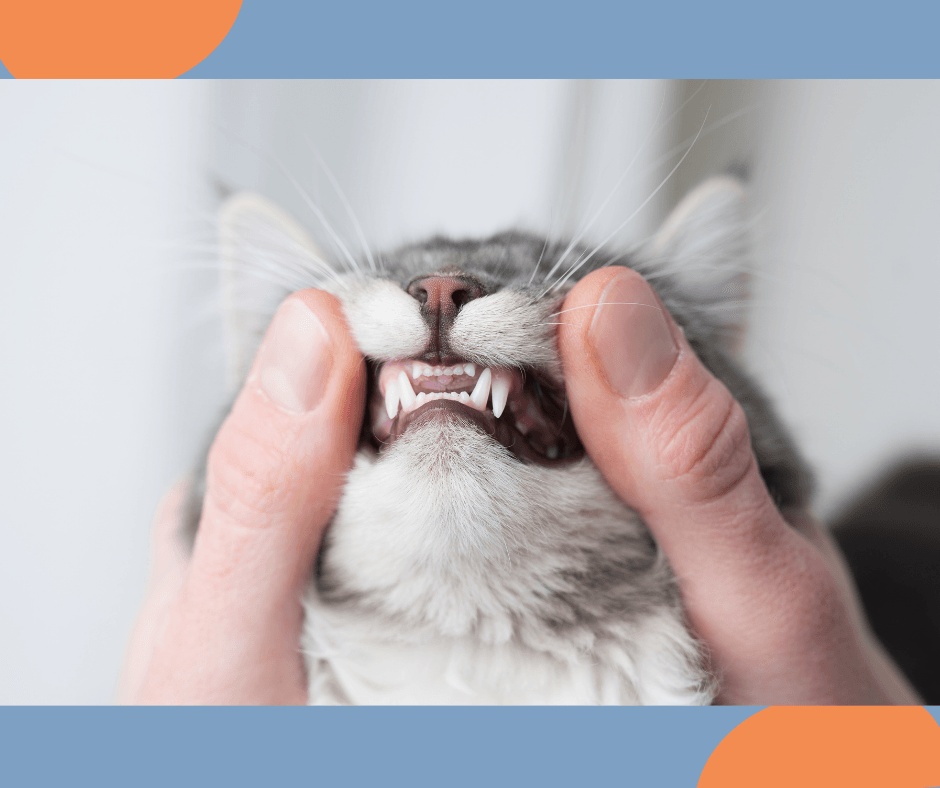Get in touch
Mon - Fri 7AM - 6PM
Sat 7AM-2PM
Sun 9AM-5PM
8615 Normandy Blvd. Jacksonville, FL 32221 | Call (904) 786-5282 | Email FrontDesk@NormandyBlvdAnimalHospital.com
Mon - Fri 7am-6pm | Sat 7am-2pm | Sun 9am-5pm
Plan a Pet-Safe Landscape
Plan a Pet-Safe Landscape to Prevent Pet Poisoning This Spring
Spring is here! This can be a stressful time for pet owners. Parasite prevention, microchipping, and vaccination might come to mind, but among the threats to pet health and safety are the plants that make spring and summer so delightful.
Undoubtedly, pet poisoning is a common occurrence, but with a fresh look at a pet-safe landscape it doesn’t have to be.
Some plants are risky
Many pets don’t have a taste for greenery or blooms, until they decide to sample something that looks or smells appealing. And while some plants present zero risks to pets, some have side effects that range from mild to severe to deadly. With that in mind, the general rule of thumb is to discourage pets from eating all plants.
A pet-safe landscape
The ASPCA list of toxic and non-toxic plants is an essential guide for pet owners interested in creating pet-safe yards. Some of the most common spring blooms can cause a disastrous pet poisoning situation, including:
- Daffodils
- Tulips
- Crocus
- Amaryllis
- Morning glory
- Oleander
- Begonias
- Azaleas
- Carnations
Lilies are among the most poisonous plants, especially in cats. Even a little pollen swept up by the nose or tongue can cause damage. Do not bring lilies inside the home, and never plant them in places your pet can easily access. Herbs can be incredibly decorative and useful in the garden, but garlic, marjoram, bay laurel, and mint can cause symptoms indicative of pet poisoning. Depending on what your pet gets into, the following range of symptoms could lead to a pet poisoning diagnosis:
- Vomiting
- Drooling
- Diarrhea
- Lack of appetite
- Nausea
- Pale or yellowed gums
- Collapse
- Weakness
- Excessive thirst or urination
- Abnormal behavior
We recommend seeking emergency veterinary care directly following the presence of any above symptoms.
Since cats and dogs are known to explore and get down and dirty in their own backyards, it’s a good idea to remove other landscaping plants, such as boxwood, privet, and ivy that may result in a pet poisoning if eaten by a curious cat or dog. Keep an eye out for mushrooms that commonly pop up this time of year, and dispose of them promptly. Peach pits can also be toxic to dogs.
In addition to toxic plants and flowers, there are landscape components that can be risky to pets. Mulch, especially products like cocoa mulch, can cause dangerous reactions in pets. Be aware of any added colors or dyes to garden mulch and use caution if considering rubber mulch. Dogs are known to pick up pieces of bark or landscaping mulch and eat it.
Fertilizers and compost products can be hazardous to pets. Only purchase pet-safe products and allow your pet access to the yard after any sprays have been absorbed and dried. Products designed to control pests (parasites, rodents, and insects) should be avoided to reduce the chances of pet poisoning.
Our team at Pet Medical Center wants to help you prevent pet poisoning this spring and all year round!
If you have further questions about what’s in your yard, give us a call.

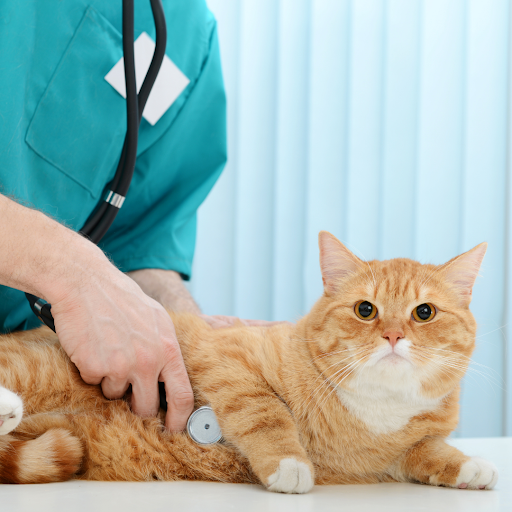
Normandy Animal Hospital
Hours of Operation
Mon - Fri 7AM - 6PM
Sat 7AM-2PM
Sun 9AM-5PM
Menu
Normandy Animal Hospital | All Rights Reserved | Privacy | Terms of Service | Web Accessibility | Website by AllyDVM

